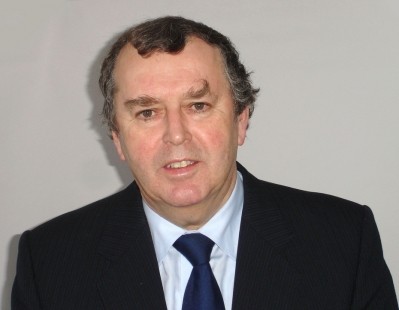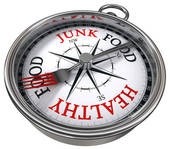Food and drink manufacturers braced for critical BBC TV obesity series

Series presenter Jacques Peretti, writing in The Guardian newspaper earlier this week (June 11) traces the cause of obesity to the development of high fructose corn syrup (HFCS), or glucose-fructose syrup.
Discovered in the ‘50s and commercialised in the ‘70s, Peretti wrote: “HFCS was soon pumped into every conceivable food: pizzas, coleslaw, meat. It provided that 'just baked' sheen on bread and cakes, made everything sweeter, and extended shelf-life from days to years.
“A silent revolution of the amount of sugar that was going into our bodies was taking place. In Britain, the food on our plates became pure science – each processed milligram tweaked and sweetened for maximum palatability. And the general public were clueless that these changes were taking place.”
Peretti’s article quoted Susan Neely, president of the American Beverage Association, as saying: “There's a lot of work to try to establish causality [of obesity] and I don't know that I've seen any study that does that."
Successful lawsuit
But the author went on to report the views of Professor Kelly Brownell “one of the world's foremost experts on obesity and its causes”. Brownell believed that “ … the science will soon be irrefutable and we may then be just a few years away from the first successful lawsuit”, wrote Peretti.
The author went on to claim that the relationship between the food industry and the scientists conducting research into obesity was “complicated by the issue of funding”.
He claimed: “Many of the scientists I spoke to are wary about going on the record because they fear their funding will be taken away if they speak out.”
But informed UK food industry sources told FoodManufacture.co.uk that government and experts acknowledge that obesity is a complex problem, which is not created by diet alone.
Environment and lifestyle, physical activity and education all have a part to play alongside reducing consumption, according to the government’s obesity strategy.
Many of the topics under discussion – particularly in the first programme – are said to be based on US experience, which had little relevance to the UK.
Voluntary action
Meanwhile, in April, one year on from the launch of the Public Health Responsibility Deal, health secretary Andrew Lansley reconfirmed the government’s faith in voluntary action to improve public health rather than legislation.
He told the Food and Drink Federation’s President’s Dinner: “The test [of the PHRD’s success] is to achieve more, more quickly by voluntary action than would be achieved by costly and intrusive regulation. There is no doubt we are achieving that.”
More had been achieved to improve public health in the past two years than in the previous decade, he claimed. To read his comments in full, click here.
The BBC told FoodManufacture.co.uk that review copies of the series were available only to TV reviewers.
To watch a clip from the first programme posted on YouTube, click here.
The Men Who Made Us Fat will be broadcast on BBC2 tomorrow (Thursday, June 14) at 9pm.
Meanwhile, BBC editorial guidelines commit programme makers to truth, accuracy and impartiality.
If you think the programme was less than fair to the food and drink industry, why not let the BBC know by telephoning 03700 100 222.
Or, you can provide feedback to the BBC online here.
Also, please let us know what you think of the programme by posting a comment in the box below.















